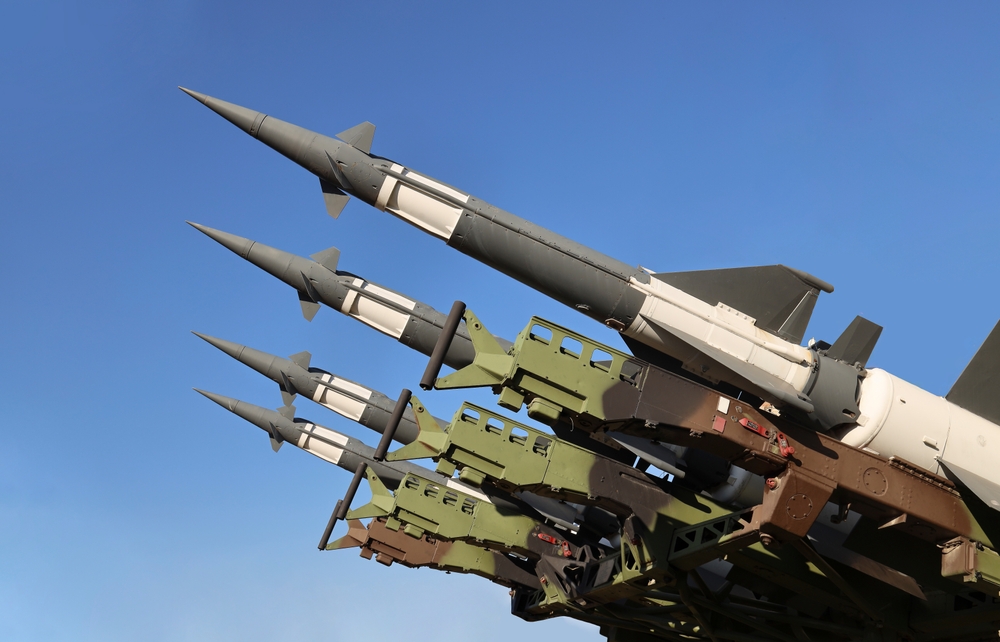Thirty-four years ago, Ukraine made a historic decision that reshaped its place in the world — it renounced nuclear weapons and joined the Treaty on the Non-Proliferation of Nuclear Weapons.
Others are reading now
At the time, this was seen as a gesture of peace and confidence in international guarantees.
But with Russia’s ongoing war and the erosion of those assurances, a question is resurfacing: could Ukraine rebuild its nuclear capability, and what would happen if it did?
A historic disarmament
On October 24, 1991, the Supreme Soviet of the Ukrainian SSR adopted the resolution “On the Nuclear-Weapon-Free Status of Ukraine.”
The move committed the newly independent state to destroy all inherited Soviet warheads, to refrain from developing or hosting nuclear weapons, and to join global non-proliferation efforts.
Three years later, in 1994, Ukraine signed the Budapest Memorandum, formally transferring its nuclear arsenal, then the third largest in the world, to Russia in exchange for security guarantees from Moscow, Washington, and London.
Also read
Today, those promises ring hollow amid a full-scale invasion.
Could Ukraine rebuild the bomb?
According to political scientist Ruslan Klyuchnik, Ukraine retains significant technical capacity to restore a nuclear program.
After the collapse of the USSR, the country inherited not only weapons but also a robust scientific base, research institutes in Kharkiv, Kyiv, and Dnipro, as well as facilities like the Kharkiv Institute of Physics and Technology and the Pivdenmash plant, which once built strategic rockets.
“From a technical point of view, Ukraine has the necessary potential to resume the nuclear program. A key factor in this regard is the availability of highly qualified specialists,” Klyuchnik explained.
He notes that advances in technology, including centrifuge-based uranium enrichment, would make the process more compact than during the Soviet era.
Also read
Ukraine also possesses uranium deposits and a developed industrial infrastructure, both critical components for nuclear development.
The cost of rearmament
Financing such a program would be difficult but not impossible. In recent years, Ukraine has spent more than half its national budget on defense.
“If the state was able to finance the mass production of drones, artillery, and fortifications, then it would also find funds for a nuclear program,” Klyuchnik argued.
He pointed out that even countries with weaker economies have succeeded.
“North Korea and Pakistan developed nuclear weapons despite economic hardship. Ukraine, with a much higher human development index and industrial base, could theoretically do the same.”
Also read
Global reaction and risks
However, any attempt to restart a nuclear weapons program would trigger an immediate international backlash.
“Ukraine is not legally bound by the Budapest Memorandum, but politically, the reaction would be swift and severe,” Klyuchnik warned.
Western partners, including the United States, the European Union, and the United Kingdom, would likely impose sweeping sanctions, even harsher than those now levied against Russia.
The effort would isolate Kyiv diplomatically and economically, undermining the very alliances that sustain its defense today.
Russia, meanwhile, could use force to destroy suspected nuclear facilities before they became operational.
Also read
“With its intelligence network and missile capabilities, Moscow could strike any target at the construction stage,” said Klyuchnik. “Even after a ceasefire, Russia would retain the means for preventive attacks.”
Klyuchnik believes talk of rearmament is politically risky and strategically futile. “Such discussions only deepen isolation and alienate allies,” he said.
“Ukraine’s focus should remain on strengthening conventional defense and securing bilateral security guarantees from the U.S. and the EU.”


